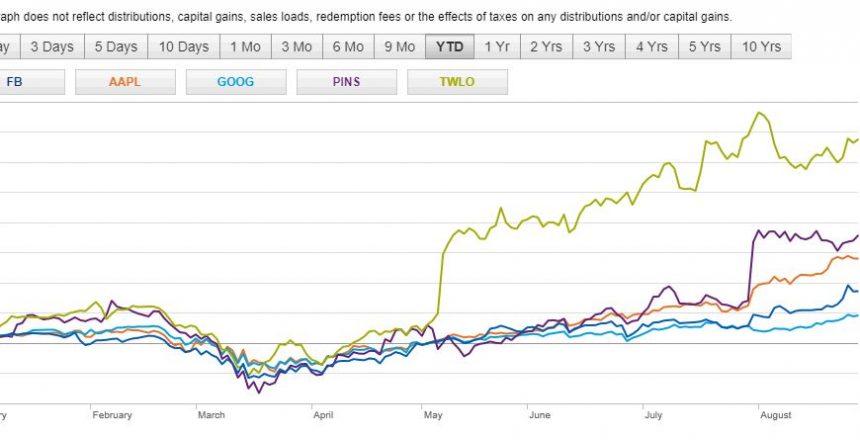My dad always tells me “Trees can’t grow to the sky.” But look at this picture.
Despite a continued global pandemic, economic contraction and millions unemployed, the stock market keeps on going. Many of the companies for which my clients work has seen their equity values continue to increase since March 2020. Can this rise continue or is it time to sell?
Behavioral finance suggests that when individuals make decisions out of fear, they tend to do the wrong thing. If you are afraid the market will implode or even just go down, my advice is to do nothing. However, there are a few reasons you might want to sell some of your stock.
No Safety Net
If you don’t have an Emergency Fund (3-6 months of your streamlined expenses in a high yield savings account earning 1%+), then you should sell some stock and fund it. If you are worried you might lose your job, aim for 6-9 months. Depending on your age, it can take up to 6 months to find the next right job.
Need More Space
Working from home and virtual classroom learning leave most families feeling like a little more space may improve everyone’s sanity. Whether it is refitting the laundry room to be a home office, installing a pod in the backyard, or building an ADU that can be used as a rental once/if you go back to the office, these projects cost money. This investment in your home is both practical and could improve the value of your home, which is most people’s largest asset.
Diversification
Many of my clients have equity based compensation, such as Restricted Stock Units (RSUs) that vest monthly or quarterly. As the price of the underlying stocks go up, so does your concentration in this stock if you hold the shares after vesting.
Rule of Thumb: Keep the percentage you hold in company equity to less than 20% of your total assets. If your company concentration percentage is higher than this, you may need to stretch out your sales in order to not jump into a higher tax bracket.
When it comes to which shares to sell, you want to minimize the tax consequence of the equity sale. It may seem counter intuitive, but it is better to sell shares that are currently vesting first since there is no additional tax consequence. As soon as these RSUs vest, the value of these shares (market price x # of RSUs vesting) is considered W2 income to the IRS. The value is taxed as ordinary income. Most plan administrators sell some shares to cover the tax liability at vesting. If you sell immediately at vesting, there will be no capital gain or additional taxes.
If the pandemic has hit you hard this year and your income is lower than expected (maybe no bonus this year), it would make more sense to sell shares that have a bigger long-term capital gain.
The bottom line is to not sell out of fear of the unknown. The odds of you making the wrong decision are high. Instead, take an unemotional approach and make sure you have a compelling reason to sell.



